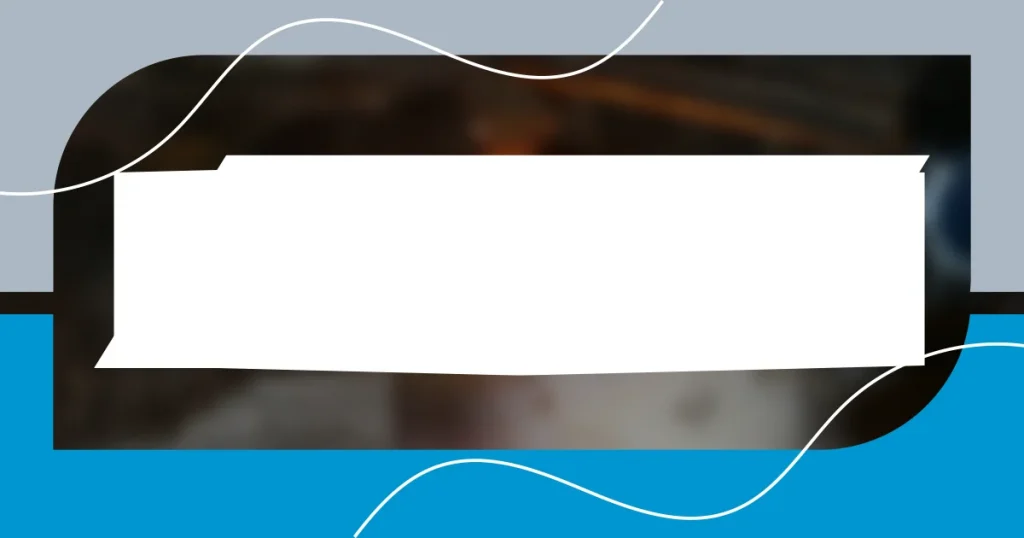Key takeaways:
- The shift towards remote work has enhanced flexibility but challenges work-life balance, necessitating a focus on productivity and well-being.
- Key employment sectors like technology, healthcare, and green energy are on the rise, signaling opportunities for innovation and sustainability.
- Diversity and emotional intelligence are crucial in adapting to labor market changes, fostering inclusive environments that drive success and collaboration.
Understanding current labor market trends
Understanding the current labor market trends requires a closer look at the ever-evolving dynamics of supply and demand. From my observations, there’s been a noticeable shift towards remote work, which many professionals value for its flexibility. Have you ever experienced the freedom that comes with working from anywhere? It’s liberating, but it also raises questions about work-life balance in an always-connected world.
Moreover, the rise of technology in the workplace can’t be overlooked. I remember when my own job began integrating AI tools; it was fascinating, yet intimidating. How do we ensure that we’re keeping our skills sharp in a rapidly changing environment? It’s essential to embrace lifelong learning and adaptability to stay relevant.
Finally, demographic changes play a crucial role in shaping labor market trends. As older generations retire, younger workers bring fresh perspectives to the table. It’s like a double-edged sword—while there’s a wealth of knowledge leaving the workforce, there’s also an influx of innovation and creativity. How can we capitalize on this shift to foster a thriving work culture? I believe mentorship and open communication between generations are key in bridging that gap.
Identifying key employment sectors
Identifying key employment sectors involves recognizing industries that are not only growing but also shaping the future landscape of work. From my personal experience, the technology sector stands out. I recall the time my friend transitioned from a traditional job to a tech start-up. She was initially nervous, but within months, she found herself thriving in an environment that encouraged innovation and creativity. How often do we see similar success stories around us? It’s a clear indication that technology is a major player in the job market.
Healthcare, too, deserves a spotlight. Recently, I attended a seminar on healthcare advancements, and it struck me how crucial this sector is not only for employment but also for societal wellbeing. As our population ages, the demand for healthcare professionals continues to rise. I sometimes wonder how many of us consider careers in this field, especially given the profound impact we could have on people’s lives.
Lastly, the green energy sector is gaining traction as sustainability becomes a priority for businesses and consumers alike. I remember attending a workshop focused on renewable energy solutions; the enthusiasm was contagious! It’s exciting to think about the careers being built in solar, wind, and other sustainable technologies. If we’re looking for future-proof careers, this sector certainly offers promising opportunities.
| Sector | Key Characteristics |
|---|---|
| Technology | High growth, innovation-driven, remote work opportunities |
| Healthcare | Essential services, high demand for workers, diverse career paths |
| Green Energy | Sustainability focus, emerging job market, innovative technologies |
Analyzing remote work impacts
Remote work has undeniably reshaped our professional landscape, and my own journey mirrors this transformation. I recall my initial days working from home—excitement mingled with uncertainty. The flexibility to craft my own schedule was invigorating, yet I often found myself forgoing breaks and working late into the night. It truly highlighted the delicate balance we must strike between productivity and personal downtime. This shift not only changes where we work, but also how we interact with our colleagues and prioritize our well-being.
Here are some impacts I’ve noticed regarding remote work:
- Increased Productivity: Many individuals thrive in a remote setting without the distractions of a traditional office environment.
- Work-Life Integration Challenges: It can be tough to draw boundaries, leading to potential burnout if not actively managed.
- Broader Talent Pool: Companies can now access a diverse range of skilled workers regardless of geography, enriching their teams.
- Technology Dependence: Remote work relies heavily on digital tools, necessitating tech proficiency that wasn’t as critical before.
- Shifts in Company Culture: Organizations need to foster virtual engagement strategies to maintain a sense of unity and collaboration among remote teams.
Overall, these elements illustrate the profound impact remote work has on both employees and companies. It’s a dynamic shift that requires continuous adaptation and mindful practices.
Evaluating workforce skill requirements
Evaluating workforce skill requirements is crucial in a fast-evolving job market. Reflecting on my own experiences, I’ve seen how essential it is for individuals to keep their skills relevant. A few years ago, I attended a tech boot camp, and it opened my eyes to the gaps in my knowledge. I had always thought that my existing skills would carry me forward, but I quickly realized that continuous learning is vital. Have you ever felt that same urgency to adapt?
In my observations, soft skills like communication and teamwork have become just as important as technical expertise. When I first entered the workforce, I focused almost entirely on hard skills. However, I soon discovered that the ability to collaborate and empathize with others often makes or breaks team dynamics. I recall a project where our success hinged on clear communication—without it, we could have easily failed. Isn’t it fascinating how interpersonal skills can directly impact our performance?
Employers today increasingly seek a blend of both. As I navigate the job market, I’ve noticed many job descriptions emphasizing a variety of skills, from critical thinking to emotional intelligence. Just the other day, I spoke to a hiring manager who expressed her frustration in finding candidates who possess both technical and soft skills. It made me ponder: how can we better prepare ourselves to meet these demands? Embracing a well-rounded skill set seems like a crucial step in staying competitive in this landscape.
Exploring diversity and inclusion strategies
Diversity and inclusion strategies have become a focal point in the evolving labor market, and I find it inspiring to see how organizations are prioritizing these values. During a recent team workshop, I witnessed firsthand how a commitment to diverse hiring practices not only brought in fresh perspectives but also created a space where everyone felt heard. It made me wonder—how much untapped potential resides in varied backgrounds and experiences? The energy in that room was palpable, and it reinforced my belief that inclusivity fosters innovation.
One particular experience stands out to me: I once attended a company meeting where my colleague, who represented a different culture and language, shared unique insights on consumer behavior. I could feel the room shift as others leaned in, captivated by her perspective. This moment highlighted to me the tangible benefits of diversity—not just in theory, but in practice. Are we truly leveraging the diverse voices around us? I believe that when we actively seek out and value different viewpoints, we create a richer environment that drives success.
Incorporating inclusion strategies goes beyond hiring; it demands a commitment to ongoing dialogue and education. I remember participating in a diversity training session where we explored unconscious biases. A light bulb went on for many of us as we recognized our own preconceived notions. This kind of open conversation is vital. It pushes us to challenge our comfort zones and fosters a culture of empathy. Isn’t it incredible how understanding our differences can unite us rather than divide us? I truly cherish these moments when we grow together, creating workplaces that reflect the diverse world we live in.
Preparing for future job markets
As we consider preparing for future job markets, I’ve come to realize the importance of adaptability. I remember a time when a colleague of mine, who was primarily focused on marketing, decided to learn data analytics. This shift not only enhanced her own skill set but also transformed the department’s approach to strategic decisions. Have you ever thought about how quickly things can change in your field? Being open to learning new tools and techniques can be a game-changer in your career.
Another critical aspect is networking. I often reflect on how, during my early career days, I attended a local meetup that connected me with industry leaders. It was a bit nerve-racking at first, but I realized that forming relationships can open countless doors. When was the last time you reached out to someone in your field? You’d be surprised how a simple conversation can lead to mentorship opportunities or even a job referral.
Moreover, staying informed about emerging trends is essential. I make it a habit to read industry reports and listen to podcasts that discuss shifts in the labor market. Recently, I listened to an episode about the impact of artificial intelligence on job roles, and it was eye-opening. It prompted me to consider how I might need to evolve my own skills. Are you keeping up with the changes in your industry? Engaging with resources like these not only empowers you but also equips you to navigate the uncertainties ahead.
Adapting to changing labor dynamics
Adapting to changing labor dynamics requires a willingness to embrace new norms and practices. I remember when remote work became a necessity, and I found myself juggling online meetings with family distractions. At first, I felt overwhelmed; however, being adaptable meant rethinking my work environment and setting clearer boundaries. Have you experienced similar challenges that forced you to rethink your work-life balance?
Another aspect I’ve noticed is the importance of resilience. During a particularly tumultuous period in my career, I faced unexpected layoffs in my department. It was a stark reminder that job security is an illusion. Instead of letting that setback define me, I chose to invest in skills that aligned with the new demands in our field. Isn’t it fascinating how our struggles can often seed new opportunities? I truly believe that embracing resilience can be a pathway to growth.
Moreover, emotional intelligence plays a vital role as labor dynamics shift. I recall a time when we faced a company reorganization, which naturally led to uncertainty among my teammates. I took it upon myself to initiate informal check-ins. These conversations not only built trust but also created a supportive atmosphere. How often do we consider the power of connection during periods of change? I found that fostering emotional bonds within the team made a world of difference, reminding us that we don’t navigate transitions alone.














